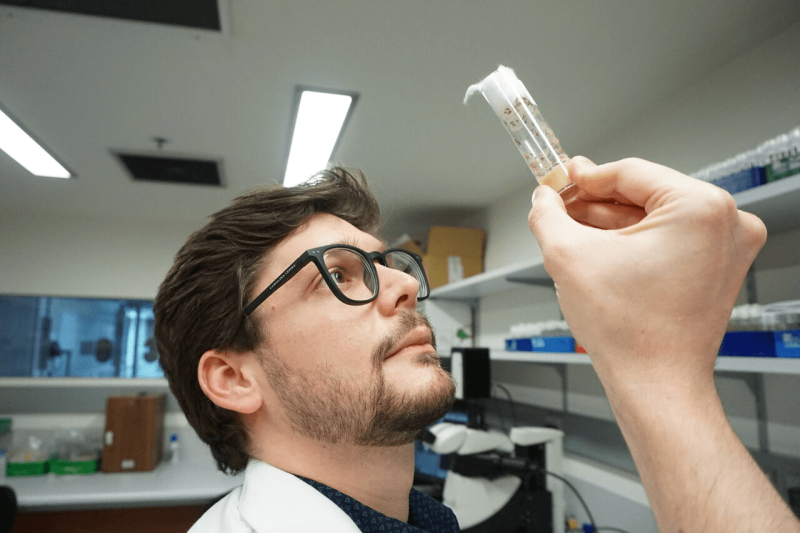PRO: Even if you’ve never heard of imidacloprid, there’s a good chance the world’s most-used neonicotinoid pesticide is lurking somewhere in your home. Or on your dog. Or maybe even in your groundwater or drinking-water supplies.
…
Published studies by independent researchers have discovered links between imidacloprid and elevated risks of autism spectrum disorders and congenital heart defects, and a threefold increased risk of major brain defects at birth. Research also links the pesticide to memory loss and tremors.
What makes these findings of harm even more concerning is that given imidacloprid’s extensive use in both household and agricultural products, its toxic footprint is continuing to expand. That disconcerting reality was highlighted last year when the California Department of Pesticide Regulation discovered 15 groundwater wells in Fresno, Santa Barbara and Tulare counties tainted with high concentrations of neonicotinoids like imidacloprid.
…
For all these reasons, responsible state legislators are leading a push to better protect Californians from imidacloprid.
Assembly Bill 2146, which passed its first legislative committee hearing last month, would ban residential outdoor use of neonicotinoid pesticides such as Imidacloprid.
Here is a link to the original story
CON: The state panel that reviews pesticides for safe use in California voted unanimously last month that Imidacloprid, a neonicotinoid pesticide, poses no risk to drinking water, does not pose a risk to human health, and is not likely to do so in the future.
For 15 years, the state pesticide regulator has monitored drinking water wells for presence of Imidacloprid. Of more than 700 drinking samples, only one exceeded state health standards for detectable pesticides, and panel members agreed that the one detection most likely was a false reading. The review panel recommended to the director of the California Department of Pesticide Regulation that no action beyond current label directions are needed.
Assembly Bill 2146, which would ban use of neonicotinoid pesticides except on agricultural commodities, should not become law. It poses a risk to agriculture and reduces the pest control tools we have.































